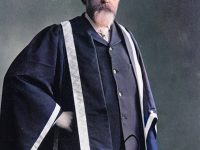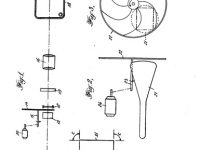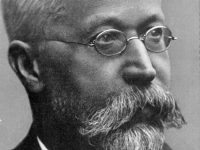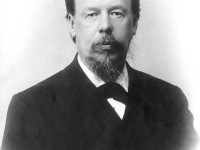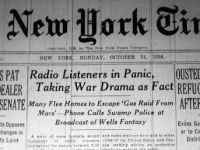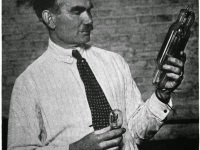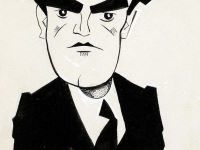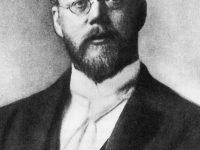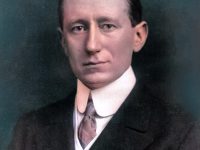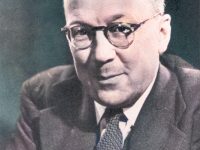Oliver Lodge and the Development of Radio Technology
On June 12, 1851, British physicist Sir Oliver Joseph Lodge was born. Lodge was involved in the development of, and holder of key patents for radio. He identified electromagnetic radiation independent of Hertz‘ proof and at his 1894 Royal Institution lectures, Lodge demonstrated an early radio wave detector he named the “coherer“.[4] “Men of Science would do well to talk plain English. The most abstruse questions can very well be discussed in our…
Read more

